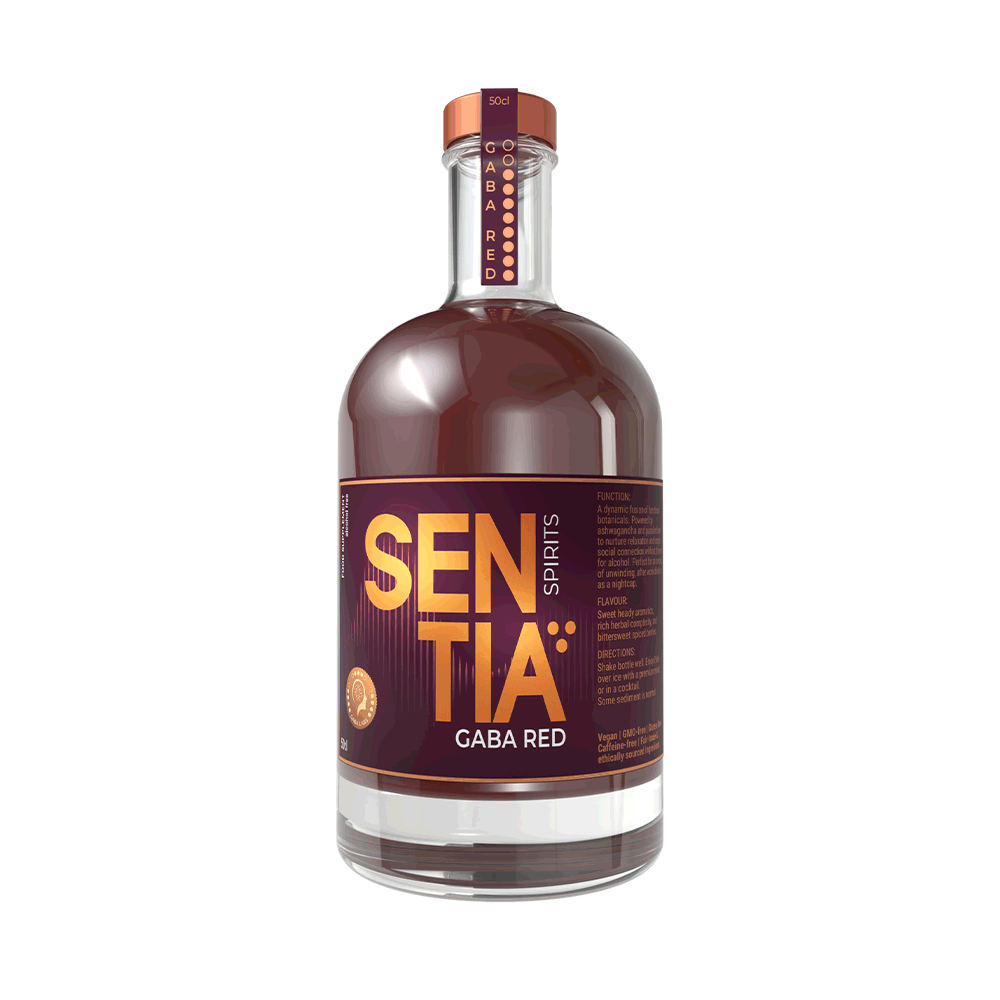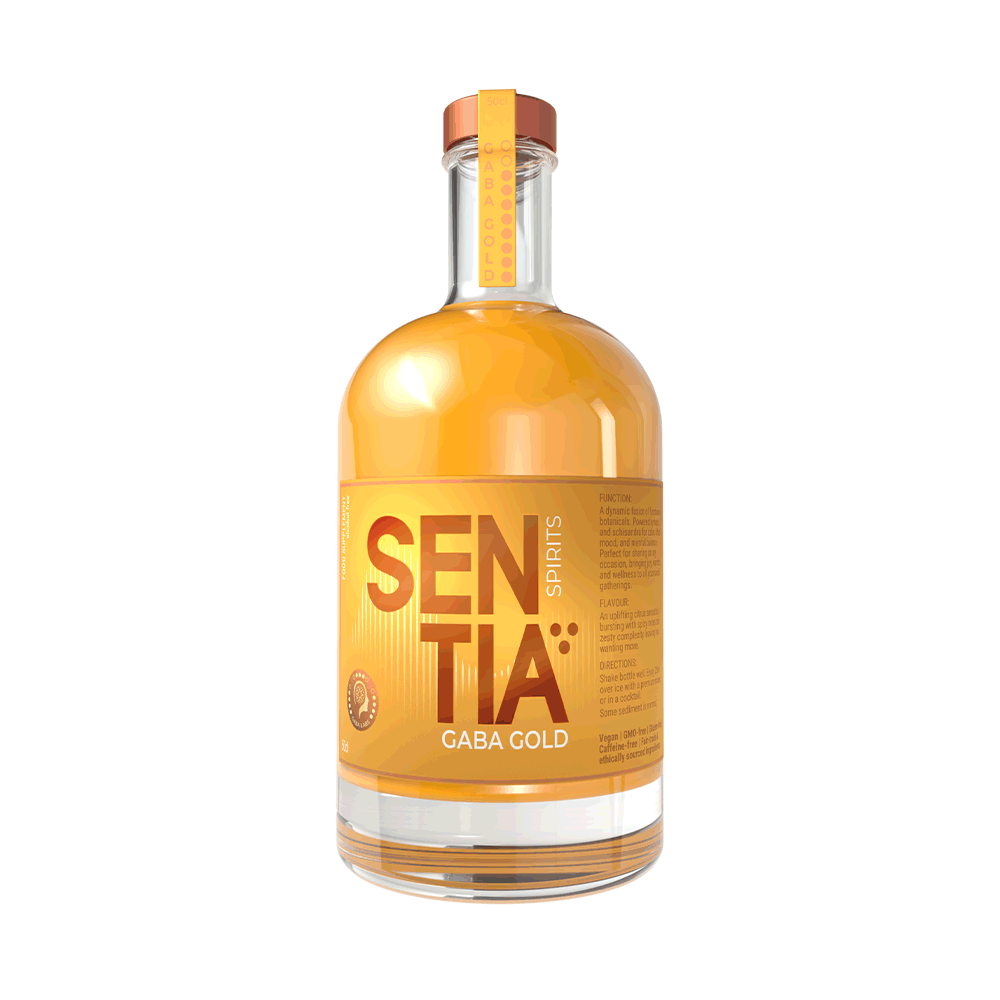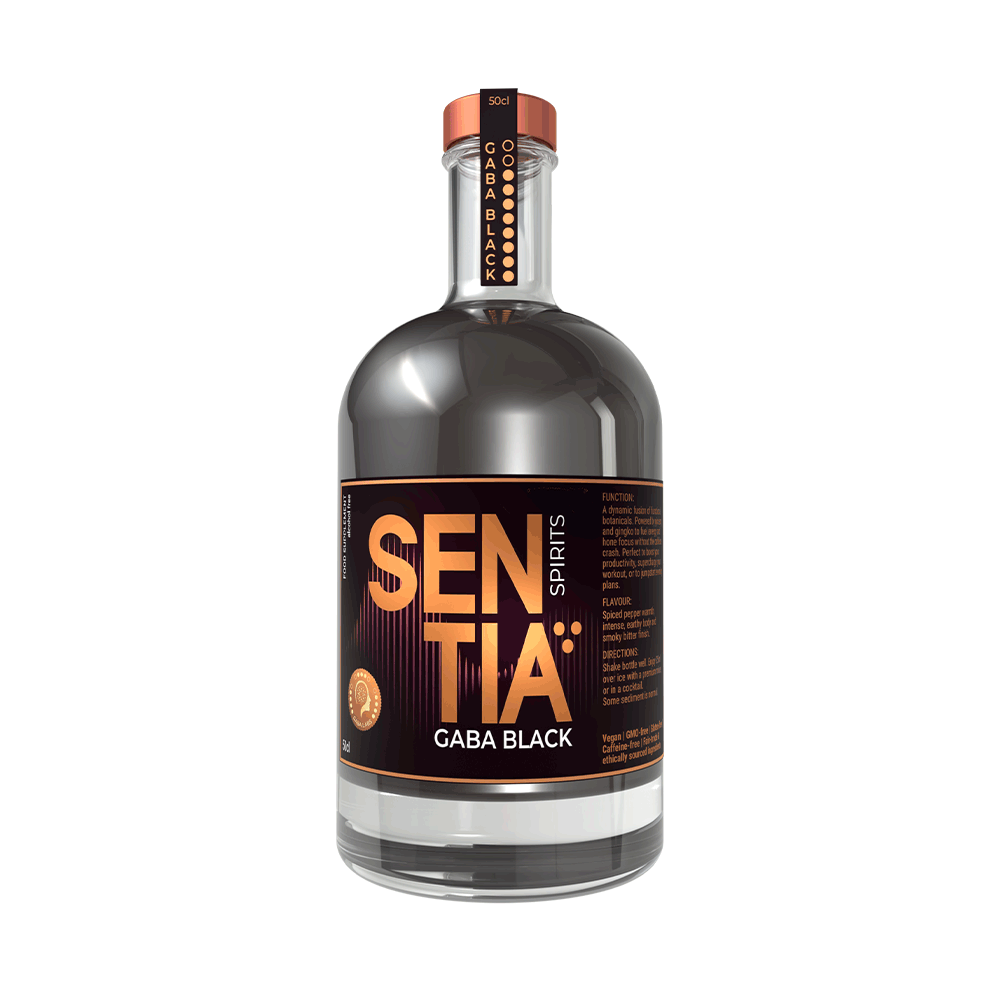November is a month dedicated to men’s health — a time to talk openly about what too often goes unsaid. Across the world, Movember and International Men’s Day shine a light on mental wellbeing, connection, and the ways we cope when life gets heavy.
One topic that deserves special attention is how men use alcohol to manage stress and social anxiety — and why that coping mechanism, while common, can quietly make things worse.
The Unspoken Loop
For many men, alcohol feels like a shortcut to connection. It takes the edge off social tension, makes conversation flow, and eases the day’s pressure. In a culture where we’re taught to “man up” rather than open up, that glass can feel like the only safe space to relax.
But here’s the problem: the very thing that feels like it helps can make anxiety worse over time.
Alcohol dampens activity in a part of the brain called the amygdala, which is central to how we process fear, threat, and emotional balance. This temporary calming effect is why we feel more sociable or less anxious after a drink.
Yet, with repeated use, the brain adapts — the amygdala becomes more reactive when sober. What once took one drink to calm now takes two, then three, and soon enough, the baseline anxiety without alcohol grows stronger.
This is the neurological catch-22 of self-medicating with alcohol: the more we drink to feel less anxious, the more anxious we become when we’re not drinking.
Alcohol, Health, and the Hard Truth
Beyond mental health, there’s another side of the story that too few men are told. The International Agency for Research on Cancer (IARC) classifies alcohol as a Group 1 carcinogen — placing it in the same risk category as tobacco and asbestos. That means alcohol is proven to cause cancer, including in the mouth, throat, liver, and colon.
There’s no completely safe level of consumption. Every drink carries a small risk — which increases with frequency and volume. Knowing this isn’t about guilt or abstinence; it’s about informed choice and mindful consumption.
Mindful Drinking: Never Have a Drink That Doesn’t Benefit You
As Professor David Nutt often says:
“Never have a drink that doesn’t benefit you.”
That single question — why am I drinking? — changes everything.
Before reaching for a glass, pause and ask yourself:
- Am I drinking to relax, fit in, or switch off?
- Is this drink adding to my wellbeing — or eroding it?
- Would something else serve me better right now?
This simple reflection transforms drinking from an automatic habit into a conscious decision. It’s not about judgment — it’s about ownership.
Healthier Ways to Cope and Connect
Movember’s message is clear: men don’t need to struggle in silence. Real strength lies in talking, connecting, and making small, consistent changes that protect our wellbeing.
Here are a few ways to replace the “quick drink” with something that genuinely works:
- Move: exercise reduces stress hormones and boosts mood-regulating chemicals. Even a 20-minute walk helps
- Breathe: meditation, breathwork, or a few minutes of stillness can lower anxiety far more sustainably than alcohol ever could.
- Connect: call a friend, meet for a coffee, join a sports league, or volunteer. Shared experiences beat shared hangovers.
- Try functional or alcohol-free drinks: these can offer relaxation and sociability without ethanol’s risks.
- Rest: prioritise sleep and downtime. The more rested you are, the less likely you’ll seek artificial calm.
Small swaps compound — they’re how you build a healthier baseline.
Rethinking Strength
There’s a powerful cultural myth that “real men handle it.” But handling it doesn’t mean numbing it — it means facing it with awareness and better tools.
Strong men talk. They listen. They look after their minds as much as their bodies. They choose options that let them wake up clear-headed and ready to show up for the people who rely on them.
This Movember, challenge the idea that masculinity means silence or self-destruction.
Redefine it as the capacity to know yourself, care for yourself, and make choices that last longer than a hangover.
In Summary
Alcohol can offer temporary relief, but over time it rewires our stress system and undermines our mental and physical health.
Being aware of this isn’t anti-drinking — it’s pro-living.
This November, take a moment to think about your relationship with alcohol.
Ask the hard questions. Choose the options that serve you best. And remember:
The strongest thing you can do isn’t to drink more — it’s to know why you drink at all.



